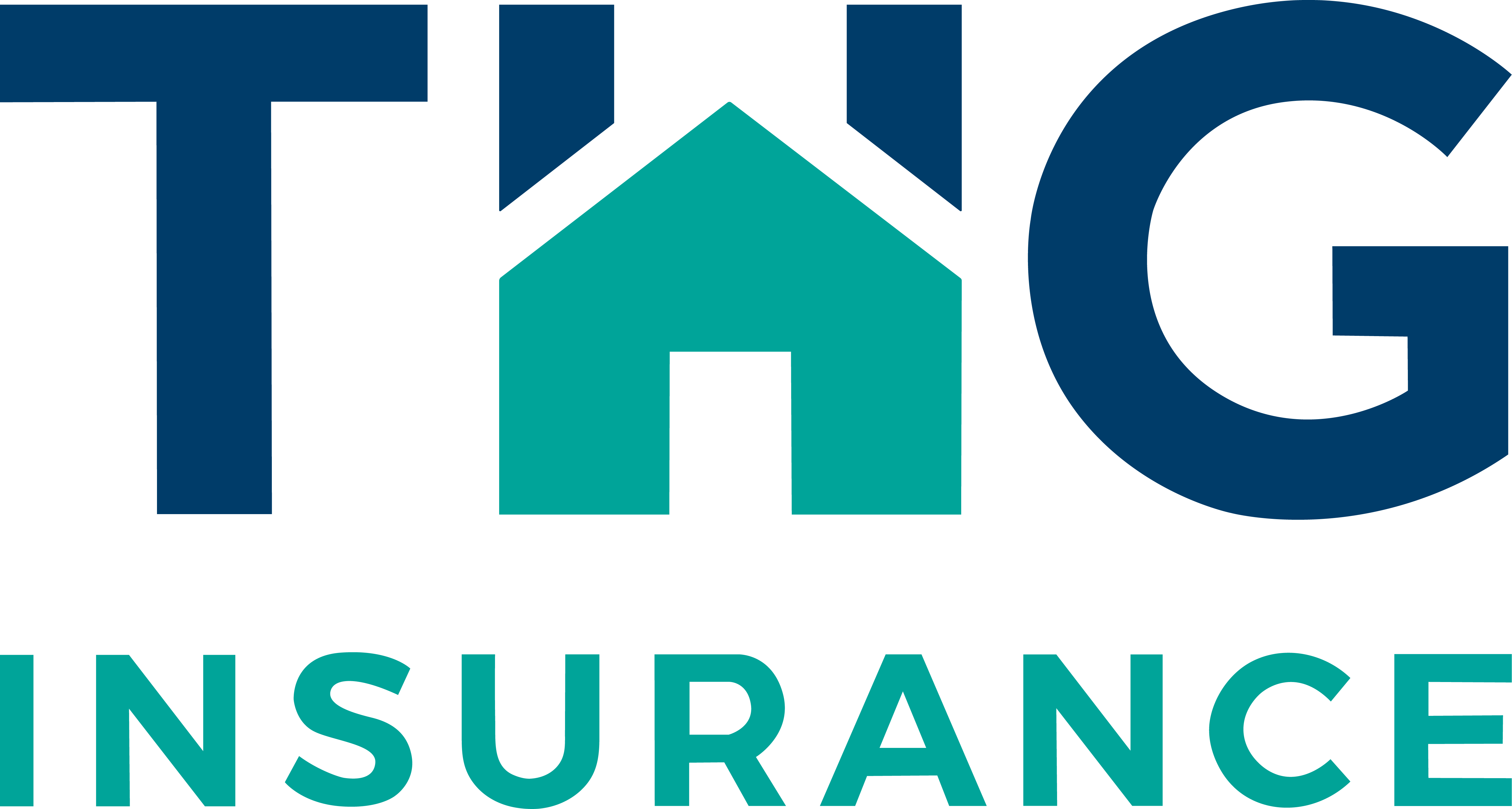Living in the Coastal Carolinas, it’s hard not to get boat envy. Between the weekends on the water, the jet skis zipping by, and the sunset cruises that seem to pop up in everyone’s feed, not owning a boat can give you serious FOMO. Of course you’re wondering if you should buy a boat. The answer depends on more than just a sunny forecast and a good playlist.
Before you dive in, it’s worth thinking through what boat ownership really involves—from cost, maintenance, and storage, to how often you’ll actually use it. Whether you’re eyeing a jet boat, a small fishing vessel, a pontoon or a pair of jet skis, it pays to think it through.
And when you’re ready, The Huneycutt Group has your back with the right insurance coverage to protect your investment—so you can enjoy the water knowing you’re covered.
Key Takeaways:
- Know Your Boating Style. Your ideal boat depends on how you’ll use it—fishing, sailing, cruising, watersports, or relaxing with family. Match the vessel to your lifestyle, and your budget.
- Boat Ownership Comes With Real Costs. Beyond the purchase price, consider storage, maintenance, towing, and insurance. Planning ahead helps you avoid surprises and protects your investment.
- Insurance Isn’t Optional—It’s Essential. Whether it’s a jet ski, small boat, or brand-new cruiser, boat insurance gives you peace of mind on and off the water.
1. What Kind of Boater Are You?
Start here. Are you drawn to the boating lifestyle for fishing, cruising, watersports, or just relaxing on the water with friends and family? Do you picture yourself towing the kids on jet skis, chasing top speeds, or kicking back in a quiet cove?
Your answer shapes everything—from the size and type of boat to what kind of power, storage capacity, and ride you’ll want.
2. What Boat Fits Your Lifestyle?
Before you start comparing price tags or specs, take a minute to think about how you actually want to use your boat. That answer will shape everything. No matter your boating style, matching the vessel to your vision is the first step to making the most of your investment.
Fishing Solo at Sunrise?
A small, nimble jon boat or center console might be your best bet—easy to tow, easy to store, and low maintenance.
Family Adventures on the Weekends?
Look for a Yamaha boat or a deck boat with room for coolers, gear, and extra seating. Comfort and storage capacity matter when you’ve got kids and family members aboard.
Love Speed and Tight Turns?
A jet boat or jet ski delivers a fast, sporty ride with quick handling. Ideal for thrill seekers who want fun and performance.
Looking to relax, cruise, and entertain?
A pontoon or dual-console boat with a smoother ride and more space is perfect for laid-back afternoons with friends.
New Boat vs Used Boat
And don’t forget the new boat vs. used boat debate. New models come with warranties and zero engine hours, but a well-kept used boat could be a more cost-effective option—especially if you’re just getting started.
3. Think Storage
Storage space is a big deal—both on and off the water. Before you buy, ask yourself: where is this boat going to live? Larger boats usually require more storage space and might need covered or climate-controlled solutions to prevent wear. Storage capacity should never be an afterthought—it’s part of the investment.
Trailer in Your Driveway or Garage
A convenient and affordable choice for small boats, jet skis, or jon boats—if you have the space at home. (mind your HOA)
Dry Stack Storage
Great for boats under 30 feet. Your boat is stored in a covered warehouse and lifted in/out of the water by forklift. It offers better protection from the elements, but you’ll need to plan ahead for access.
Marina Slip Rental
Ideal for frequent boaters. You’ll have the boat ready to go in the water—but this option comes with higher monthly costs and potential waitlists in popular areas.
Private Dock
If you’re lucky enough to live on the water, docking at home gives you maximum convenience (and some added home value), but you’ll need to consider wear-and-tear, weather exposure, and security.
Boatyard Storage or Off-Site Facility
These offer seasonal or year-round options with varying levels of access and protection.
4. Do You Have a Tow Vehicle?
If you’re planning to store your boat at home or use dry stack storage, you’ll likely need to tow it yourself. That means making sure your tow vehicle is up to the job.
Towing capacity isn’t just about raw power—you’ll need to factor in the total weight of the boat, trailer, fuel, and gear. A smaller fishing boat or jet ski might be fine behind an SUV or midsize truck. But larger vessels require serious strength and braking control.
Also think about how this affects your household. Is your current car or truck your daily driver? Will frequent towing shorten its lifespan? If you don’t already own a tow-capable vehicle, that’s another cost to consider in your overall boat ownership plan.
5. Who’s Coming With You?
How many family members, friends, or kids will be on board? You don’t want to buy a boat that’s too cramped or too bare-bones. Think about more room, seating, shade, and comfort features.
The right vessel should fit your crew, your activities, and your expectations. After all, the boating life is meant to be shared. Your friends will make sure of that.
6. Are You Ready for the Maintenance?
If you’re buying a used boat, make sure to check engine hours and past maintenance history. Engine hours are a key indicator of wear but also consider the boat’s marine age—how long it’s been exposed to saltwater and elements, which can cause corrosion and wear even if engine hours are low.
Like any vehicle, boats need regular care. That includes:
- Engine checks
- Hull cleaning
- Electrical system upkeep
- Seasonal service
- Using the right fuel additives
On average, boat owners can expect to spend around 10% of the boat’s purchase price annually on maintenance and repairs. This includes routine upkeep as well as unexpected repairs. Planning for these costs helps avoid surprises and keeps your boat in top shape.
7. How Much Does Insurance Cost for a New Boat?
Just like with cars, the cost of boat insurance depends on a few things.
- The type and size of the boat
- Whether it’s new or used
- Its value and top speed
- Where and how it will be stored
- Your boating experience and usage patterns
- The level of coverage you choose
On average, insuring a new boat can cost anywhere from $300 to $1,000+ per year—but high-performance boats or larger vessels may run higher. Premiums are typically lower for boats with safety features, newer engines, and reliable maintenance records.
The bottom line: boat insurance is affordable and worth every penny when it comes to protecting your investment from accidents, weather damage, liability claims, or theft.
The Huneycutt Group can help you get the right coverage for your boat and your lifestyle—without overpaying. Whether you’re buying your first jet boat or upgrading to a new cruiser, we’ll help you find a policy that fits.
8. Pros and Cons of Buying a Boat vs Renting a Boat
If you’re still deciding whether to buy a boat or stick with rentals, here’s a quick breakdown to help you weigh the options:
Buying a Boat – Pros:
- Unlimited access – Take it out whenever you want
- Personalized setup – Outfitted with your gear, electronics, and comfort features
- Long-term value – Builds equity if well maintained
- Better for frequent use – Makes more financial sense if you’re on the water regularly
Buying a Boat – Cons:
- Higher upfront cost
- Ongoing maintenance and storage
- Insurance and registration required
- Depreciation, especially with new boats
Renting a Boat – Pros:
- Lower commitment – No maintenance cost, storage, or insurance worries
- Access to different boat types depending on your needs
- Cost-effective if you only boat a few times a year
Renting a Boat – Cons:
- Limited availability during peak times
- No customization – What you get is what you get
- Hourly or daily rental fees can add up
- No equity or ownership benefits
If boating is becoming a regular part of your life, or you want it to be, buying a boat may be the smarter long-term move. And when you do, The Huneycutt Group can help you protect it with insurance that fits your needs.
9. What’s the Long-Term Value?
Some boats hold their value surprisingly well—especially if they’re cared for properly. When you buy smart, owning a boat can be a source of both fun and long-term equity.
Still, like with any big purchase, it’s smart to protect it. Talk to The Huneycutt Group to for coverage that fits your boating lifestyle.
10. Other Important Considerations
Environmental and Local Regulations
Before buying, research any local boating regulations or restrictions. Some areas limit boat speeds, restrict jet ski use, or have noise ordinances to protect wildlife and residents. Knowing these rules helps you avoid fines and ensures a better boating experience.
Safety Equipment and Practices
Boat owners should equip their vessels with proper safety gear, including life jackets, fire extinguishers, flares, and first aid kits. Familiarize yourself with boating safety practices and local requirements to keep everyone safe on the water.
Fuel Efficiency and Running Costs
Boats vary widely in fuel consumption. Larger engines and faster boats typically burn more fuel, which adds to your annual operating costs. Consider fuel efficiency as part of your overall budget.
Resale Value Tips
Maintaining your boat well, storing it properly, and keeping detailed service records can help preserve its resale value. Boats that are well cared for tend to sell faster and at better prices.
Seasonal Use and Weather Impact
Think about your local climate and boating season length. Boats require winterizing in colder areas to prevent damage. Seasonal use affects maintenance schedules and costs.
Financing Your Boat Purchase
If you don’t have the cash upfront, many lenders offer boat loans similar to auto loans. Financing can make buying a boat more affordable but factor in interest and monthly payments in your budget.
Ready to Buy a Boat? Make Sure You’re Covered.
Buying a boat is a big decision—but also an exciting one. Whether you’re diving into fishing, cruising the coast, or chasing adventure on a jet ski, having the right insurance makes all the difference.
The Huneycutt Group is here to help you safeguard your boat and your lifestyle. We’ll help you get the coverage you need so you can focus on the fun part: getting out on the water.ce.
FAQ: Should I Buy a Boat?
Is buying a boat worth it?
It can be, if you plan to use it often and are ready for the responsibility.
What are the downsides of owning a boat?
Ongoing maintenance, storage, and cost can be challenging if you’re not prepared.
Should I buy new or used?
Used boats are more affordable but may come with higher maintenance needs. New boats offer warranties and peace of mind.
How do I choose the right boat for my family?
Think about how many people you’ll bring, how you’ll use it, and what kind of ride and space you need.
Do I need insurance for my boat?
Absolutely. Even if it’s not required in most states, boat insurance helps to protects you from damage, liability, and costly repairs. The Huneycutt Group can help you get the right policy.
What’s the difference between agreed value and actual cash value?
Agreed value pays a fixed amount if your boat is totaled. Actual cash value factors in depreciation.





